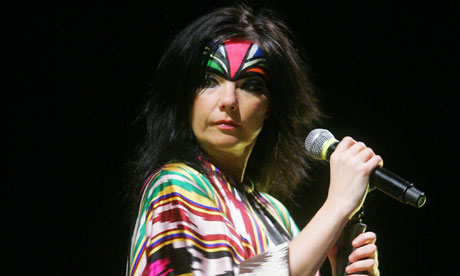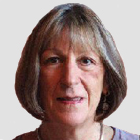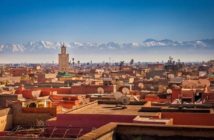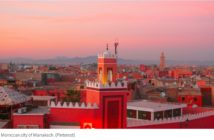The Fes festival resonates in the real world
Faouzi Skali founded Morocco’s spiritual music festival, a haven of peace among the bloodshed across the Arab world

The Moroccan philanthropist Faouzi Skali founded the Fes Festival of World Sacred Music in 1994. For the past 12 years the programme has included an annual colloquium under the rubric Giving Soul to Globalisation. Every year philosophers, social activists, clerics, economists and academics from many nations gather in Fes to debate the headline issues of our time. They assemble under the branches of a giant Barbary oak, in the gardens of the Batha Museum, to swap information and promote radical solutions to intractable problems, in an atmosphere of candid and at times provocative free exchange.
This year, under the impact of the upheavals generated by the Arab spring, there was a fresh sense of urgency in their discussions – and an impetus to move on from talk about spiritual values towards putting them into action. Skali contends that in global economics, a new paradigm is needed: “There will be no change for the better until this happens,” he says.
But is there a contradiction here – between the lofty ideals of the Fes colloquium and ground-level realities? To some European observers, the election of an Islamist president in Egyptand an Islamist government in Morocco is viewed with suspicion. Could this be a retreat into theocracy, rather than an expansion of democratic values? “There is no need for alarm,” says Skali, “if they win in fair elections they can also lose. That is democracy at work. We have institutions in place that prevent any individual or group from obtaining a monopoly of power.
“I think people voted for the Islamists because they are political virgins and, as such, less likely to be corrupt. The majority of people in the Maghreb and in Egypt are deeply attached to their religion, so they are giving the Islamists a chance. If they fail in Morocco, they will not win the next election.” Skali is a Sufi whose values emphasise individual insight. Its principles form the bedrock of the Fes initiative – but how do they translate into action?
“At one level we are a symbol of what is happening in society as a whole. Here in Fes for example, 50,000 people gather in Place Boujloud to listen to rock music – this could only happen in an open society – it happens through the energy of the people and the energy of the state.”
Skali is a human rights hero in France and the francophone countries of north Africa, but not, however, anything like so well known in the UK – except among world music cognoscenti who make annual pilgrimages to the Fes festival, which over the years has showcased most of the great names — Youssou N’Dour, Salif Keita, Ravi Shankar, Miriam Makeba and this year Björk and Joan Baez. The music of all these performers reflects a spiritual dimension – in one form or another. But set against the brutality and the bloodshed elsewhere in the Arab world, Morocco in general and Fes in particular seem like isolated havens of peace and enlightened government.
“There is a tragedy unfolding,” says Skali, “which has evolved in societies which have no vision. People like Bashar al-Assad and Hosni Mubarak get lost in their own world and the cost involved in getting rid of them is enormous. But it is inevitable, because today there are no means of control – even extreme repression doesn’t work because people are in touch with each other via the internet and with mobile phones. There has been a total transformation of human society and as a result you can no longer impose order. Some people in power don’t have the intelligence to see that, but if there is to be any genuine reform, politicians will have to understand that this change is irreversible.”
Skali has a doctorate from the Sorbonne in anthropology, ethnology and the science of religions. He was a member of the European Commission’s Groupe de Sages. In 2011 he was appointed by King Mohammed to the Moroccan government’s audio visual committee. For a man with both feet firmly planted in establishment institutions he is a radical, challenging voice.
The Fes festival was founded on a strictly non-sectarian basis. Artists and speakers from across the religious spectrum – from Orthodox Judaism to north American shamanism – are invited to participate. From the start it was Skali’s inspiration that the city of Fes would stand out as a beacon of peace amid the global turbulence. His latest idea is to expand this influence into what he describes as a “spiritual Davos”. There are many people wishing him success.
.








